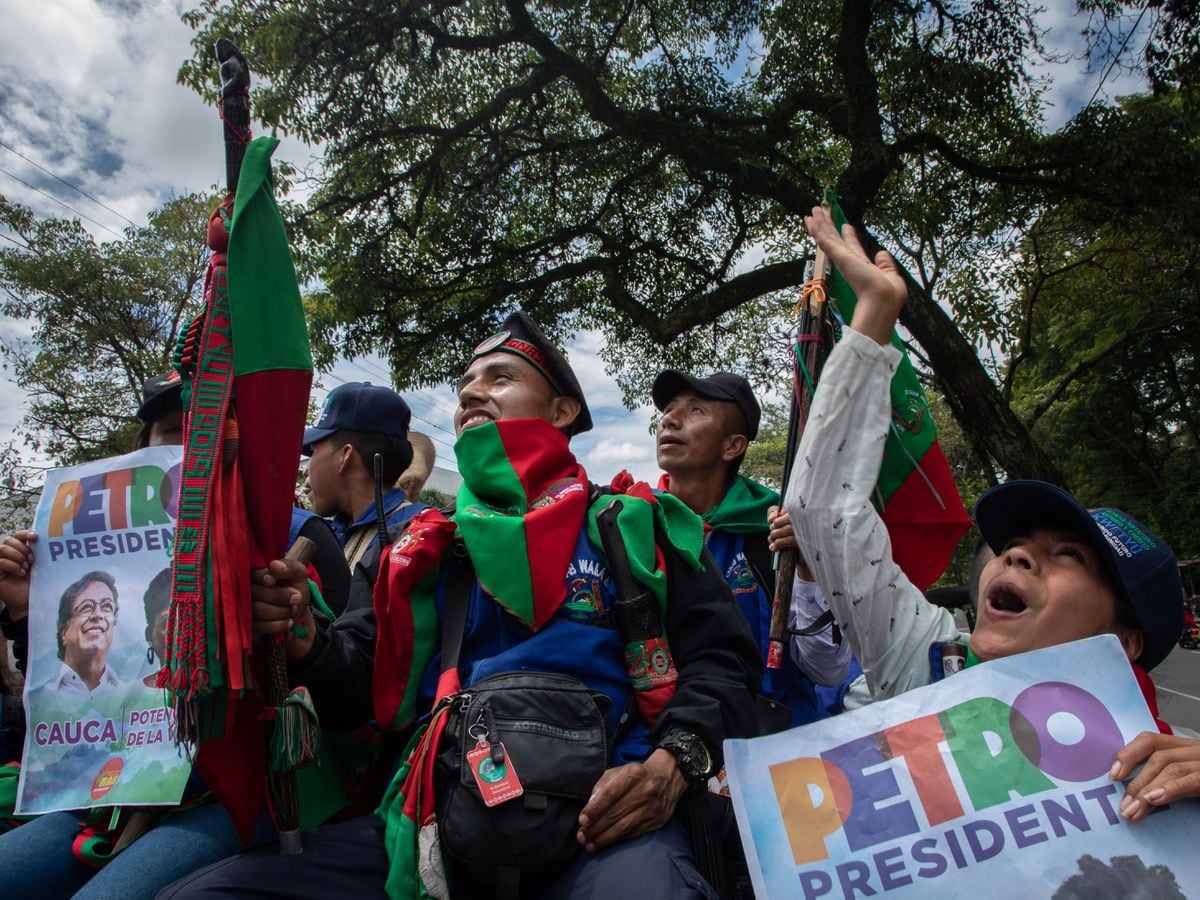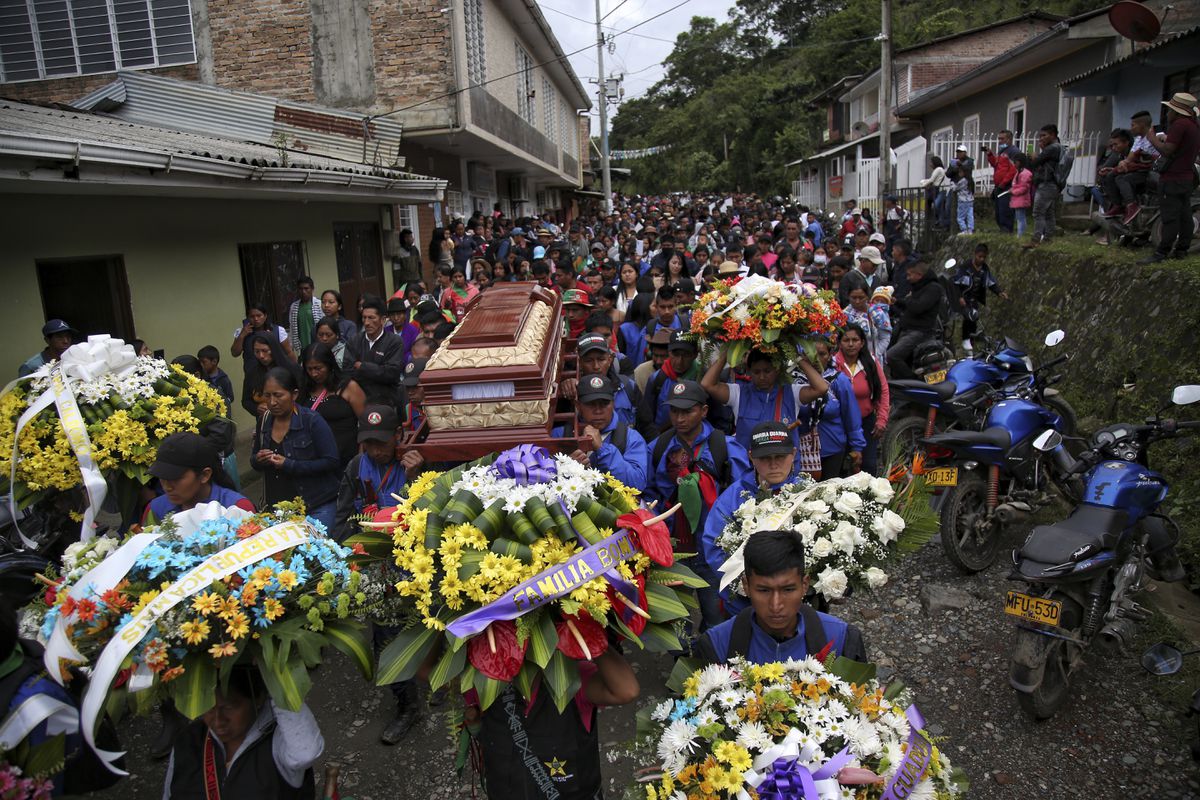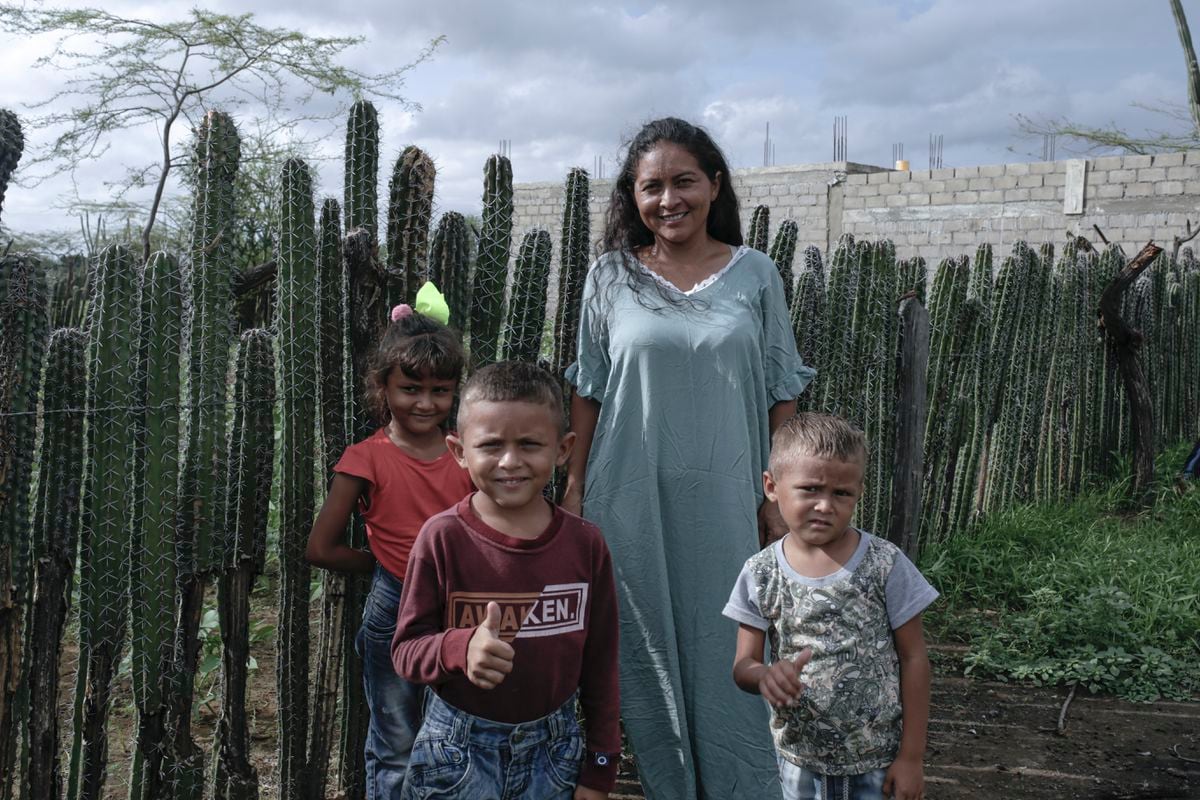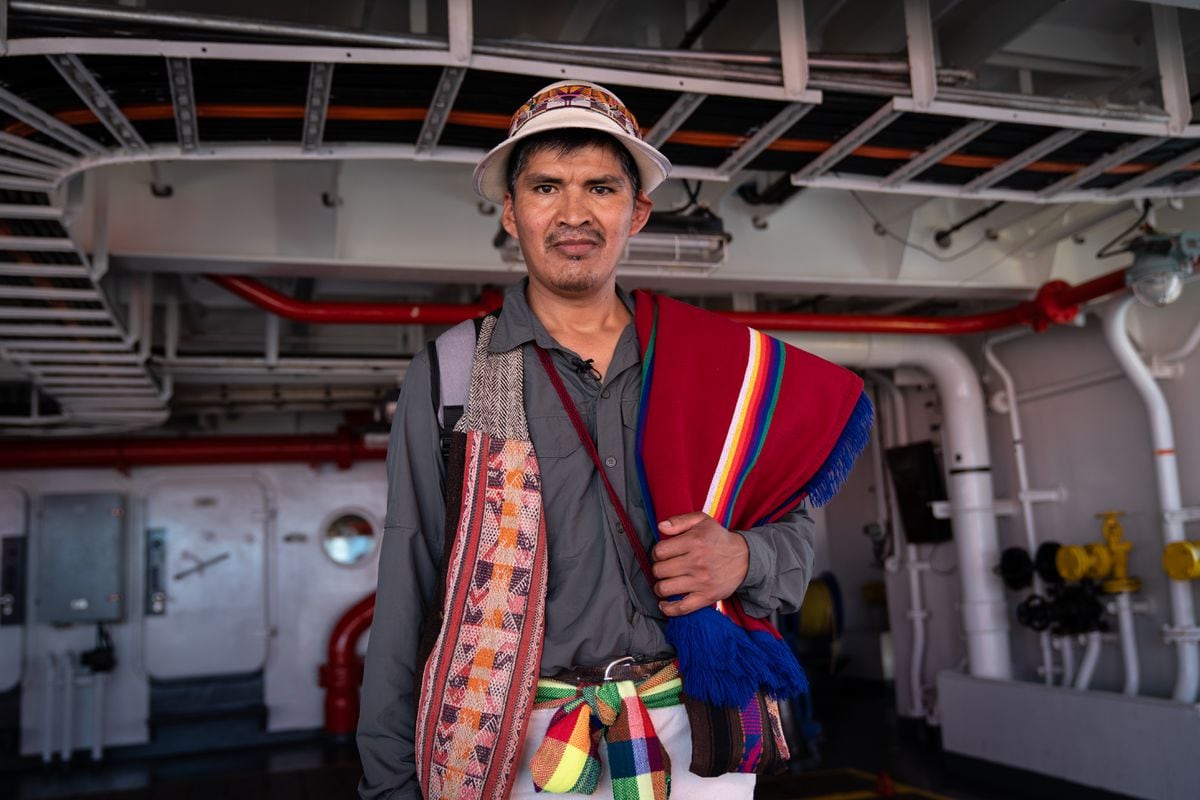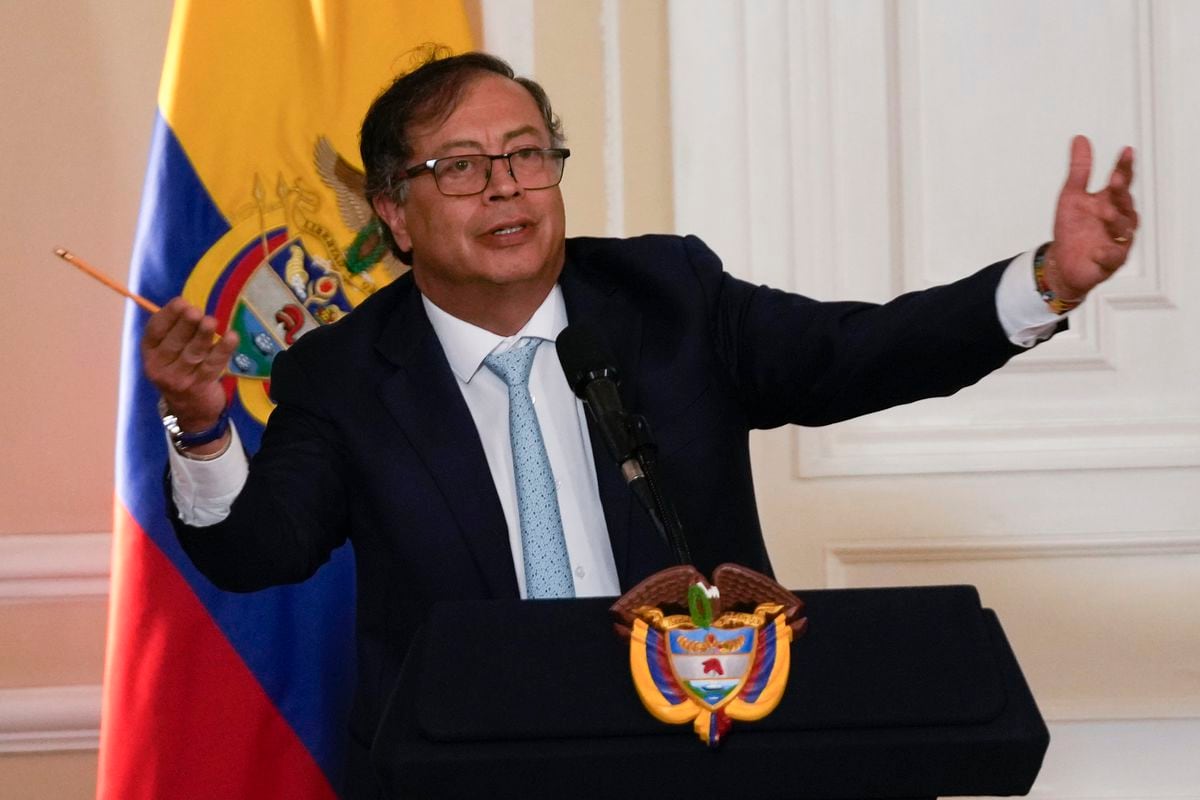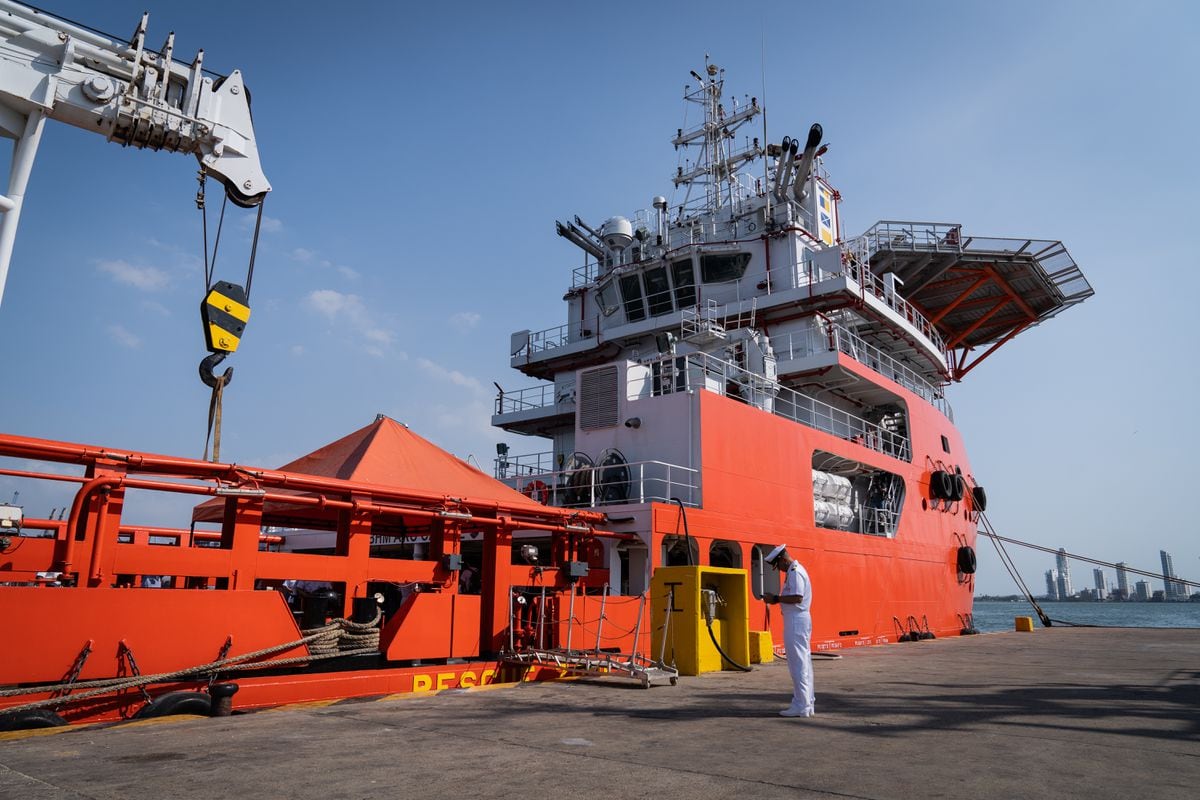The flags, slogans and batons that symbolize the clamor of indigenous organizations have filled the Plaza de Bolívar in Bogotá more than once.
Not even the threat of contagion from the coronavirus prevented some 7,000 of them from leaving their shelters in 2020, willing to travel more than 500 kilometers from the southwest of the country, in defense of life and territory.
The historic center of the capital, which has been the scene of their mobilizations, is now the scene of unprecedented representation: three appointments to senior positions in the national government and the largest participation they have had in the Congress of the Republic.
The human rights defender of the Arhuaco people of the Sierra Nevada de Santa Marta, Leonor Zalabata, will be the first indigenous woman to take office as Colombian ambassador to the UN in New York.
Patricia Tobón, a lawyer specializing in constitutional law, an Emberá indigenous woman from Antioquia, and former truth commissioner, will direct the Unit for Comprehensive Care and Reparation for Victims;
and the psychologist and sociologist of the Nasa indigenous community of Cauca, Giovani Yule, will be the director of the Land Restitution Unit.
Their possession will have double historical relevance: they will assume both high-level positions and those of importance for the implementation of the peace agreements between the government and the former FARC.
Among its main challenges are strengthening the support of the international community for full compliance with these agreements, strengthening the accompaniment of more than nine million victims of the conflict and speeding up the processes of returning land to peasant families affected by dispossession.
“This representation has been a historical debt of the State.
The appointments demonstrate the capabilities of the Colombian indigenous movement.
They are people who can work not only for our communities but for the country,” says Edwin Capaz, Senior Counselor of the Regional Indigenous Council of Cauca, CRIC, which has led the so-called mingas or indigenous protests for years.
Ethnic peoples have suffered the consequences of clashes between armed groups for territorial control.
Since the signing of the peace agreements in 2016, 348 indigenous people have been killed, according to data from the Institute of Studies for Development and Peace, Indepaz.
20% of the cases of recruitment and forced displacement, documented by the Truth Commission, have affected different reservations.
In 2009, the Constitutional Court declared that there is a risk of physical and cultural extermination of indigenous peoples in Colombia.
Organizations have warned that at least 72 of 112 are in danger, according to the Commission's final report.
For these communities, which also face discrimination and multidimensional poverty rates of more than double the national average, the historical violence since colonization is added to that of the internal conflict, "marking their lives in a collective trauma that continues to show the conditions of lack of recognition of their experiences as part of a shared history and of the right to their territories and cultures always under threat”, warns the Commission report.
“Colombia is a multiethnic and multicultural country.
Having indigenous people in important positions is a message against the structural racism that these peoples have suffered from time immemorial and also for the elites that have been accustomed to maintaining a monopoly on positions," says Paulo Bacca, director of ethnic racial justice at the think tank. Of Justice.
Before the three appointments that were announced by President Gustavo Petro, the highest positions held by indigenous people were those of four magistrates of the Special Jurisdiction for Peace, JEP: Belkis Florentina Izquierdo (Arhuaca), Ana Manuela Ochoa (Kankuama), Juan José Cantillo (wayuu) and José Miller Ant (totoró).
With his appointment, after the peace agreements, it was the first time that a 10% representation in a high court of justice was assured.
More seats in Congress
In addition to their presence in important positions in the government, there is a greater indigenous presence in the Congress of the Republic.
For the new legislative period, turnout doubled from three to six seats (three in the Senate and three in the House of Representatives), although it remains low compared to 108 in the Senate and 188 in the House.
Indigenous communities correspond to 6% of the population in Colombia.
The three new seats were obtained by the Historical Pact, the ruling party, with the lawyer and indigenous Wayuu from La Guajira, Martha Peralta Epiayú, in the Senate;
the former counselor of the CRIC and indigenous person from Cauca, Ermes Pete Vivas, in the House of Representatives;
and Karmen Ramírez Boscán, also Wayuu, as representative of Colombians abroad.
Historically, the participation of these communities had been limited to three special constituency seats established by the 1991 Constitution. For the 2022-2026 period, they were elected as senators: Aída Marina Quilcué, from the Alternative Indigenous and Social Movement, MAIS;
and Polivio Leandro Rosales, from the Movement of Indigenous Authorities of Colombia, AICO.
The space in the Chamber is occupied by Norman Bañol, leader of the Embera Chamí people of Caldas.
For Bacca, the arrival of more indigenous people in Congress is an opportunity for renewal and openness.
“This can be decisive for the rights holders themselves to become empowered within an institution that is highly discredited.
It opens democratic spectrums so that excluded peoples begin to feel that a change is taking place”, she assures.
The new congressmen will have a major challenge with their presence in the Capitol, located in the heart of Plaza de Bolívar, the same one they had previously reached with accumulated demands from their communities.
“There are urgent issues around Human Rights.
The protection of cultural identities is urgent”, points out Edwin Capaz, the senior adviser of the CRIC.
Subscribe here
to the EL PAÍS newsletter on Colombia and receive all the key information on the country's current affairs.

